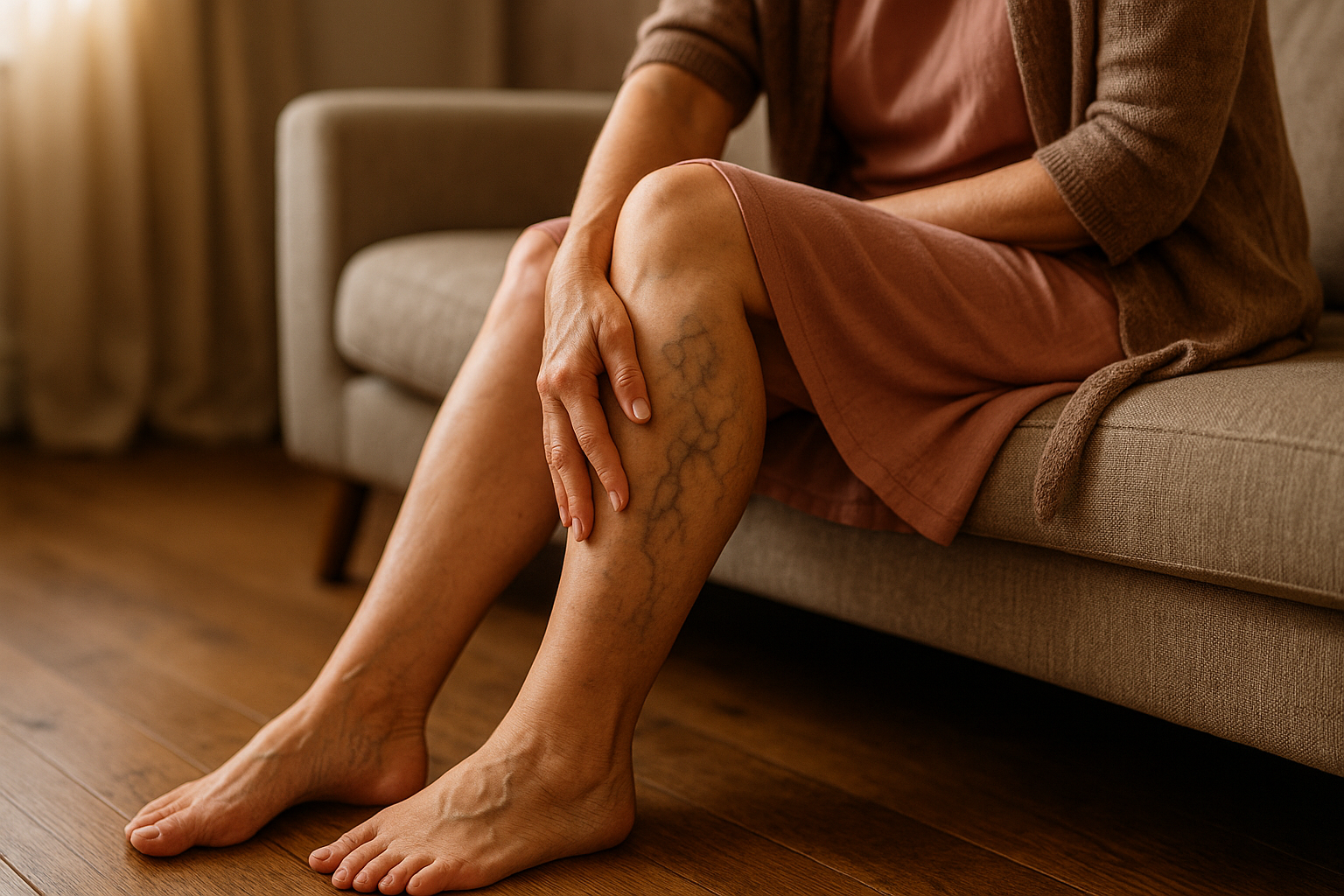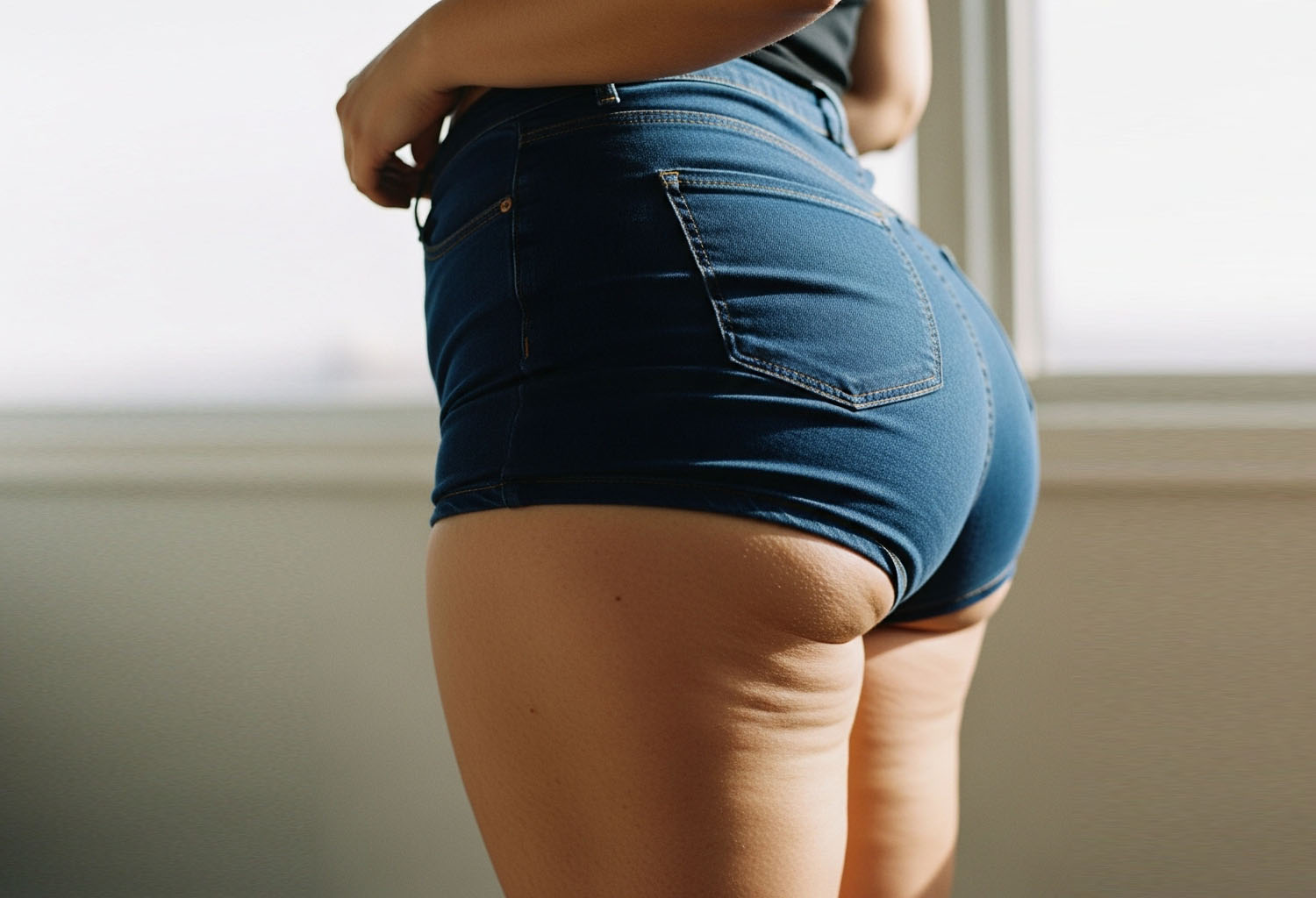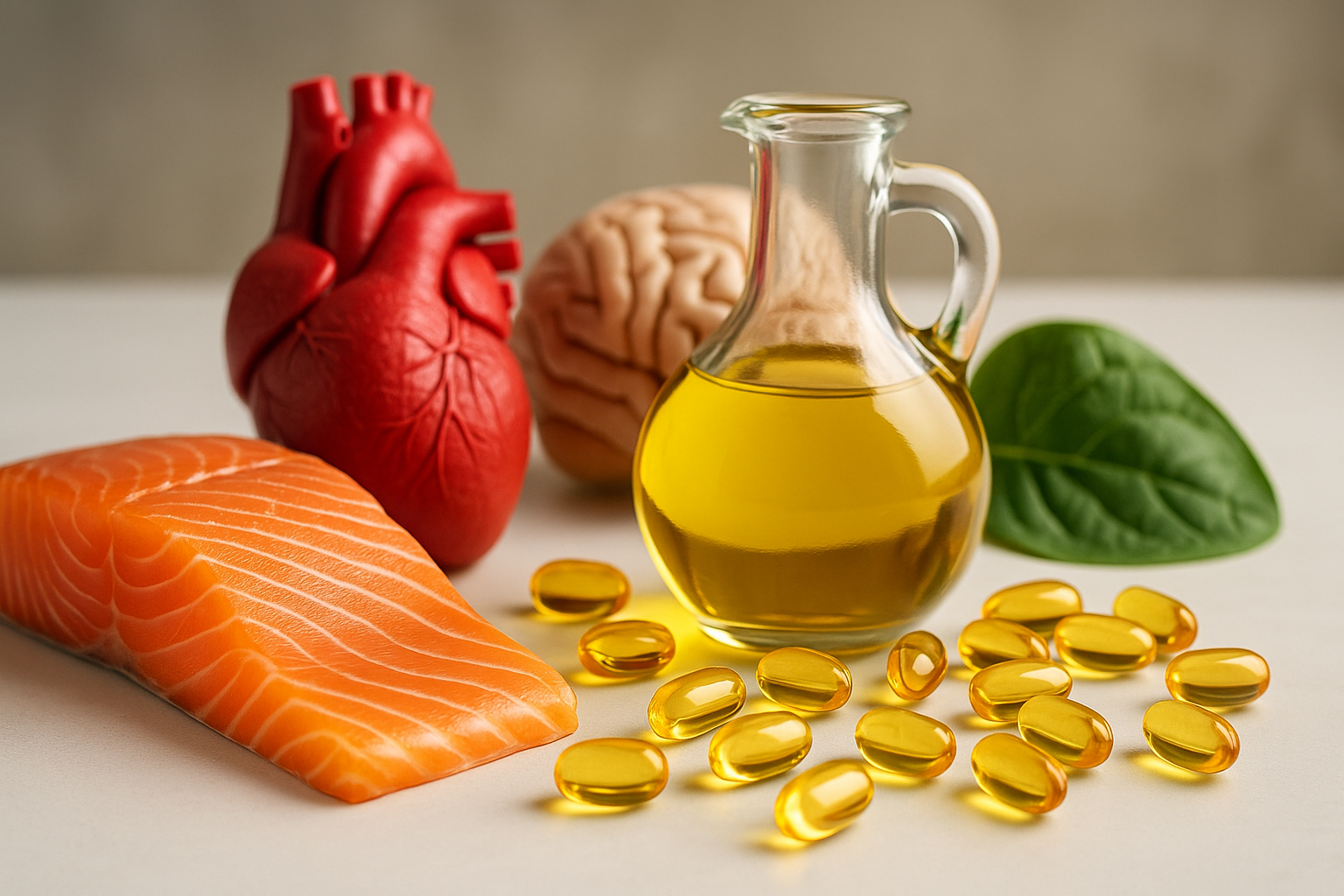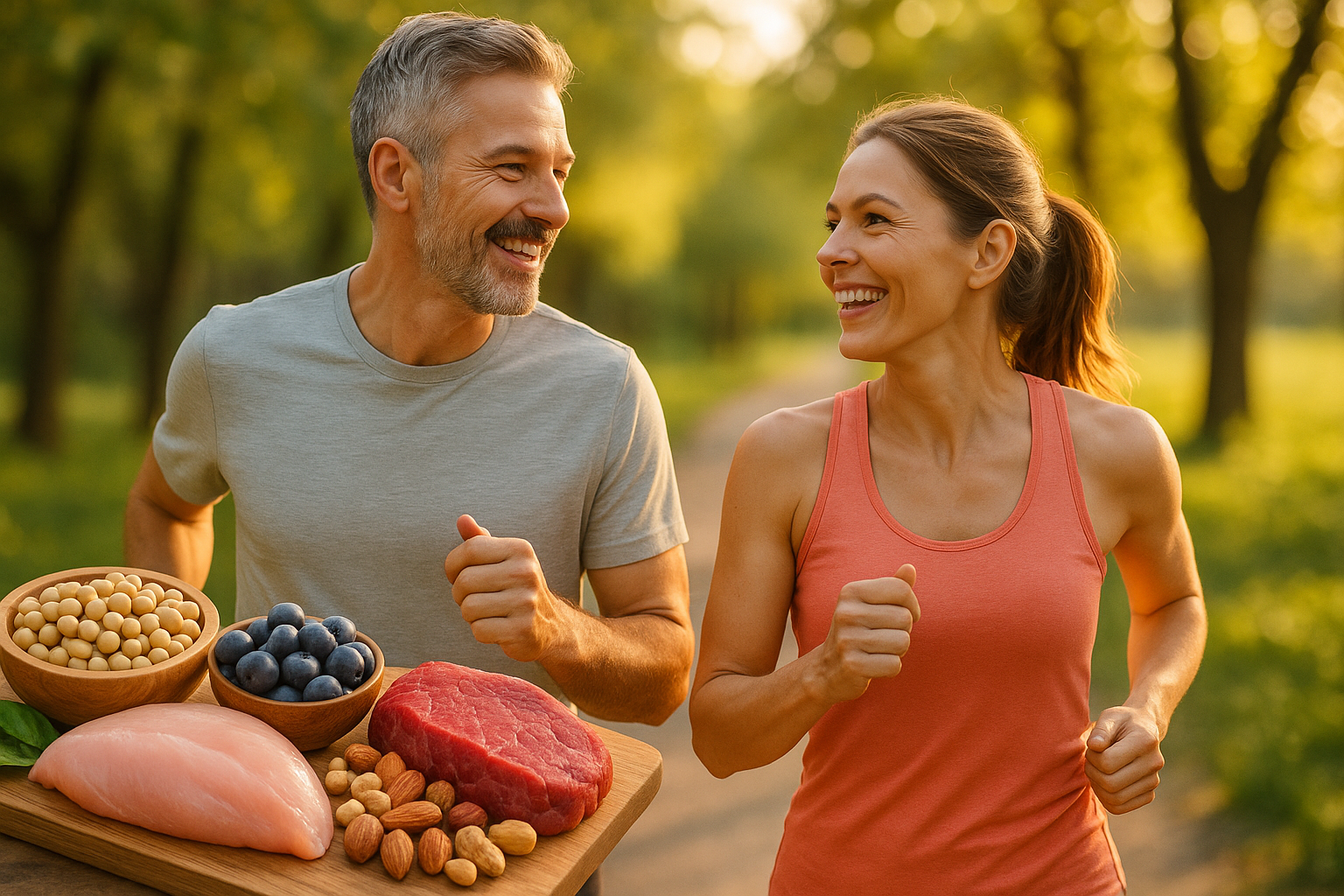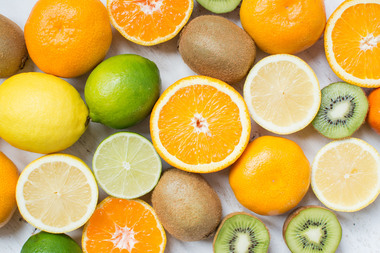
Those who constantly receive too little vitamin C are more susceptible to infections. Therefore, it makes sense to arm oneself against colds and the like by taking vitamins such as vitamin C in autumn and winter. Our immune system needs it to function well and fight viruses and bacteria effectively. And other illnesses can also be effectively countered by taking enough vitamin C. The problem: unlike plants and the vast majority of animals, humans cannot produce vitamin C themselves. Therefore, they must also ensure that the body always receives enough vitamin C - and preferably in high doses!
England, 18 September 1740: George Anson, 1st Baron Anson set sail with his squadron to disrupt the trade and establishments of the Spanish and accomplished important things. He rounded Cape Horn, docked in Peru, then sailed to the Philippines and arrived back in England on 15 June 1744. The voyage was particularly productive for contemporary geography. Finally, George Anson ensured the detailed study of Isla Robinson Crusoe and the Marianas in particular. The naval preacher Richard Walter wrote a report on the expedition according to Anson's instructions. The report "Voyage round the world" (London 1748) was widely circulated.
The problem: of the original 1,900 sailors, only about 500 survived the voyage. Most of them died of hunger and scurvy on the way. Scurvy is a vitamin deficiency disease that occurs in humans after two to four months if there is a persistent lack of vitamin C in the diet and was also called (vitamin) C avitaminosis. Seafarers used to suffer frequently from gum rot, joint inflammation, muscle atrophy and connective tissue weakness on long voyages. Many died from heart muscle weakness. It was not yet known that this was due to vitamin C deficiency because of the poor diet on board.
Therapy of scurvy with lemon juice and fresh oranges
At the same time, George Anson was one of the first to try to combat this disease by eating fresh plants (on Robinson Crusoe Island). This in turn prompted James Lind to make groundbreaking medical discoveries in 1753. Lind was a Scottish physician. He pioneered shipboard hygiene and discovered the therapy of scurvy through lemon juice and fresh oranges. He also proposed making drinkable water by distilling seawater. He combated the dampness on the ships by ventilation, improved the clothing and cleanliness of the sailors and introduced fumigation with sulphur and arsenic.
Scurvy therapy in particular caught on, for example with the famous circumnavigator James Cook. Accordingly, he took lemons and sauerkraut on board and from then on did not lose any more men to scurvy on his long sea voyages. In 1776, he was honoured for this by the Royal Society.
Vitamin C is said to strengthen the immune system and reduce susceptibility to colds
Scurvy is a vitamin C deficiency disease. The lack of the vital substance loosens the cohesion of the connective tissue, so that it can lead to ulcers on the lower legs and feet, bleeding, tooth and hair loss, the opening of old wounds, depression, hallucinations, blindness and finally death. Now, vitamin C was unknown in the 18th century - but we today can take a cautionary example from these bad symptoms of illness and make sure that we have our vitamin C balance exactly under control.
Furthermore, vitamin C is said to strengthen our immune system and reduce susceptibility to colds, but also to rheumatism, asthma or allergies. Equally important is the significance of vitamin C for collagen formation (i.e. skin health), for the formation of connective tissue and the promotion of detoxification processes in the liver, as well as for the binding and excretion of harmful substances - the vitamin is a true marvel of nature! Vitamin C also helps the body absorb and utilise the mineral iron from plant products. Especially as a vegetarian or vegan, you should therefore always be sufficiently supplied with vitamin C.
Positive effect of vitamin C in serious diseases
It is also important to remember that those who constantly receive too little vitamin C are more susceptible to infections. Therefore, it makes sense to take vitamins such as vitamin C in autumn and winter to protect yourself from colds and the like. Our immune system needs it to function well and fight viruses and bacteria effectively. Even if we have already caught the flu, our body is grateful for every extra portion of vitamin C, which it needs in large quantities to fight off the infection. This can have a positive effect on the duration of the infection and we are fit again more quickly. So it is true: In autumn and winter, a permanently sufficient supply of vitamin C helps us to avoid being incapacitated by an infection for too long.
Studies also prove the positive effect of vitamin C in the therapy of sometimes serious clinical pictures. For example, the specialist portal Thieme.de reports with reference to the Carstens Foundation: "As a low-side-effect and potent therapy for maintaining the quality of life, infusion therapy with high-dose vitamin C can not only improve the situation of tumour patients in the remaining time of life, but also help to reduce chemotherapy or radiotherapy". Or also a report in the "Pharmazeutische Zeitung": "New findings show that high-dose vitamin C unfolds prooxidative effects and influences epigenetic processes. This could play an important role in the treatment of cancer."
The best sources of vitamin C are fresh fruit and vegetables
The problem: Unlike plants and the vast majority of animals, humans cannot produce vitamin C themselves. Therefore, they must also ensure that the body always receives enough vitamin C. The best sources of vitamin C are fresh fruit and vegetables. Oranges, lemons, grapefruit, kiwi, mango, papaya and pineapple contain plenty of the good stuff, as do kale, Brussels sprouts, cauliflower, broccoli, yellow peppers and numerous other vegetables. Despite everything, we hardly have a chance to take in as much vitamin C with our food as we actually should. This is because the vitamin C content decreases during cooking, drying or soaking, as well as during storage. And even vitamin C bombs like oranges, lemons and grapefruits only contain their high content when ripe, immediately after harvesting. And so, at least in our latitudes, they are rarely on the table. So we can't do without natural food supplements that regularly supply us with vitamin C. And the vitamin C mentioned in the studies plays an important role here.
And the high vitamin C dosage mentioned in the studies plays an important role here, because the daily intake recommendation of the German Nutrition Society of 110 milligrams is clearly set too low. This amount is barely sufficient to prevent diseases such as scurvy, rickets, beriberi etc. This has little (not to say nothing) to do with optimal preventive health care or a positive therapeutic influence on serious diseases. 1000 milligrams per day are recommended.
Scientist advises high-dose vitamin C intake
This follows the orthomolecular approach in the sense of the US-American chemist and two-time Nobel Prize winner Linus Pauling. In his view, a biochemical imbalance in the body leads to disease. In the 1960s, for example, he investigated the biochemical and molecular background of mental illnesses with government support and discovered excellent applications for vitamin B1 against depression and vitamin B12 against psychoses. Linus Pauling dealt very intensively with the unbelievably diverse effects of vitamin C. He was convinced that biochemical imbalances could be balanced by adding high doses of natural vital substances such as vitamin C. He was also convinced that vitamin C could be used to treat diseases.
By the way, nobody has to be afraid of an overdose: Since the body cannot store excess vitamin C, it simply excretes it through the urine. And Linus Pauling's concept did no harm either: he was a big vitamin C fan and swallowed up to 18 grams a day - and enjoyed quite good health until his death at the age of 93. Therefore, we should not be afraid to take advantage of these opportunities and strengthen our health with high-dose vitamin C!
* This text may contain translation errors as the translation was performed by an online translation tool.




